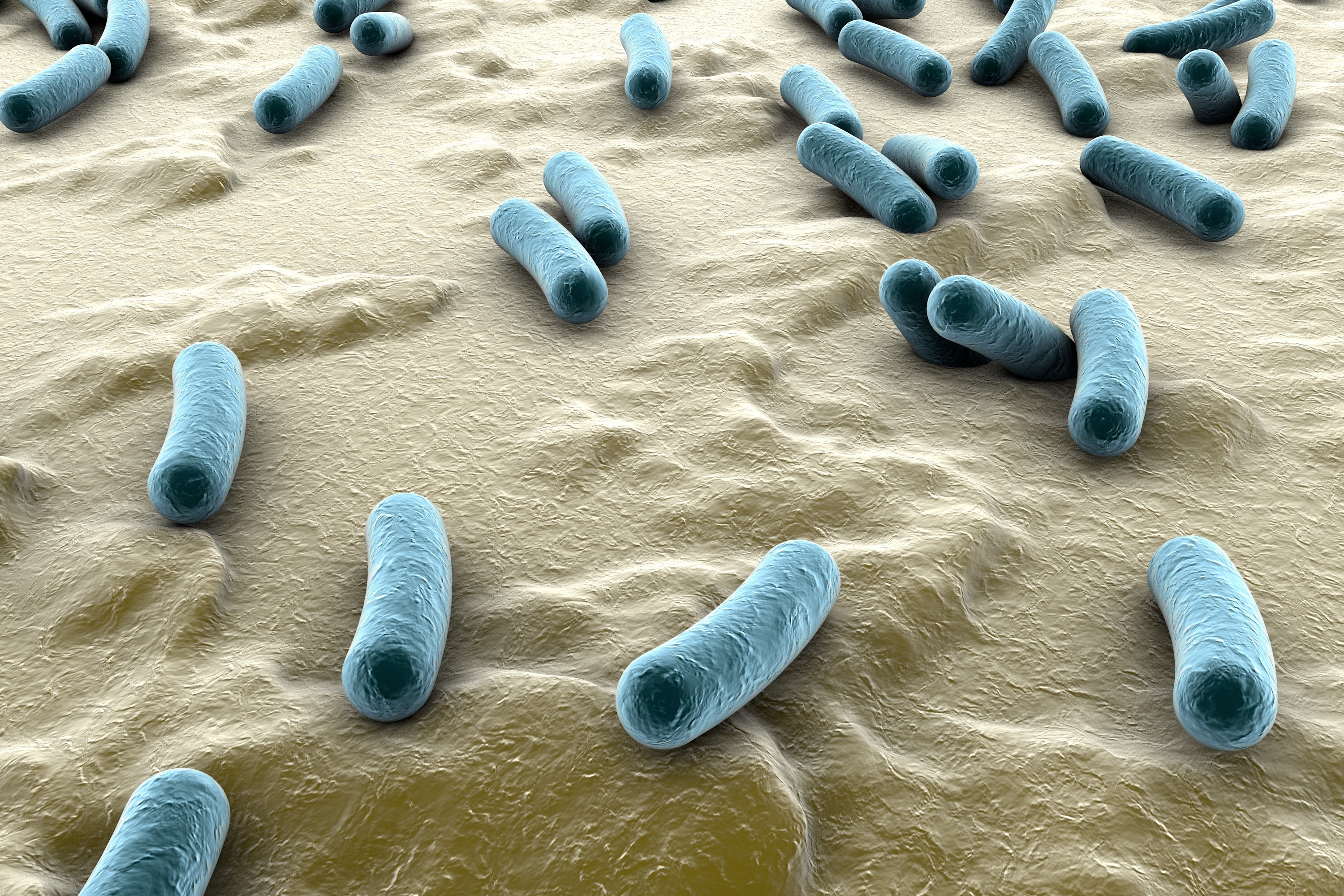Intestinal Dysbiosis Promotes Pro-inflammatory Environment in SLE Patients
Written by |

In systemic lupus erythematosus (SLE) patients, intestinal dysbiosis is associated with activation of pro-inflammatory cells. As such, rescuing gut microbiota with beneficial bacteria strains improves patients’ inflammatory profile, according to a study entitled “Th17 responses and natural IgM antibodies are related to gut microbiota composition in systemic lupus erythematosus patients” published in the journal Scientific Reports.
SLE is a chronic autoimmune disease caused by a combination of environmental and genetic factors. The production of autoantibodies results in tissue damage and disease symptoms including joint pain and swelling, fatigue, among others. SLE is characterized by the presence of auto-reactive B cells (responsible for the production of antibodies) and alterations of Th17 and regulatory T cells. Specifically, recent studies have reported that Th17 cells release pro-inflammatory cytokines involved in local inflammation and tissue destruction in SLE, and IL-17-producing T cells have been shown to infiltrate lungs, skin and kidneys in lupus patients, leading to organ damage.
Intestinal dysbiosis, i.e., alterations in the gut microbiota composition, were reported to occur in systemic lupus erythematosus patients. Researchers had previously found significantly lower Firmicutes to Bacteroidetes ratio, the most abundant phyla in the human gut, in SLE patients’. Notably, dysbiosis is increasingly recognized as a potential factor contributing to the development of several autoimmune diseases, including inflammatory bowel disease, type I diabetes, rheumatoid arthritis and multiple sclerosis.
The team investigated how the presence of certain types of microorganisms in fecal microbiota obtained from SLE patients and healthy controls influences differentiation of key immune cells involved in autoimmune responses, specifically Th and regulatory T cell populations. They discovered that microbiota isolated from SLE patients’ stool samples promoted lymphocyte activation and Th17 differentiation to a greater extent when compared to healthy control-microbiota. Moreover, the team found that enriching SLE gut microbiota with Clostridia strains and bifidobacteria, previously established to induce the production of regulatory T cells, reduced the Th17/Th1 balance and prevented CD4+ T overactivation, crucial to prevent excessive inflammation.
These results suggest that altered composition of the gut microbiota in SLE patients could enhance lymphocyte activation and Th17 differentiation, therefore supporting and contributing to patients’ continuous inflammation. Most importantly, supplementing beneficial bacterial strains (able to induce suppressor responses) may rescue intestinal dysbiosis and its associated-altered immune responses.




